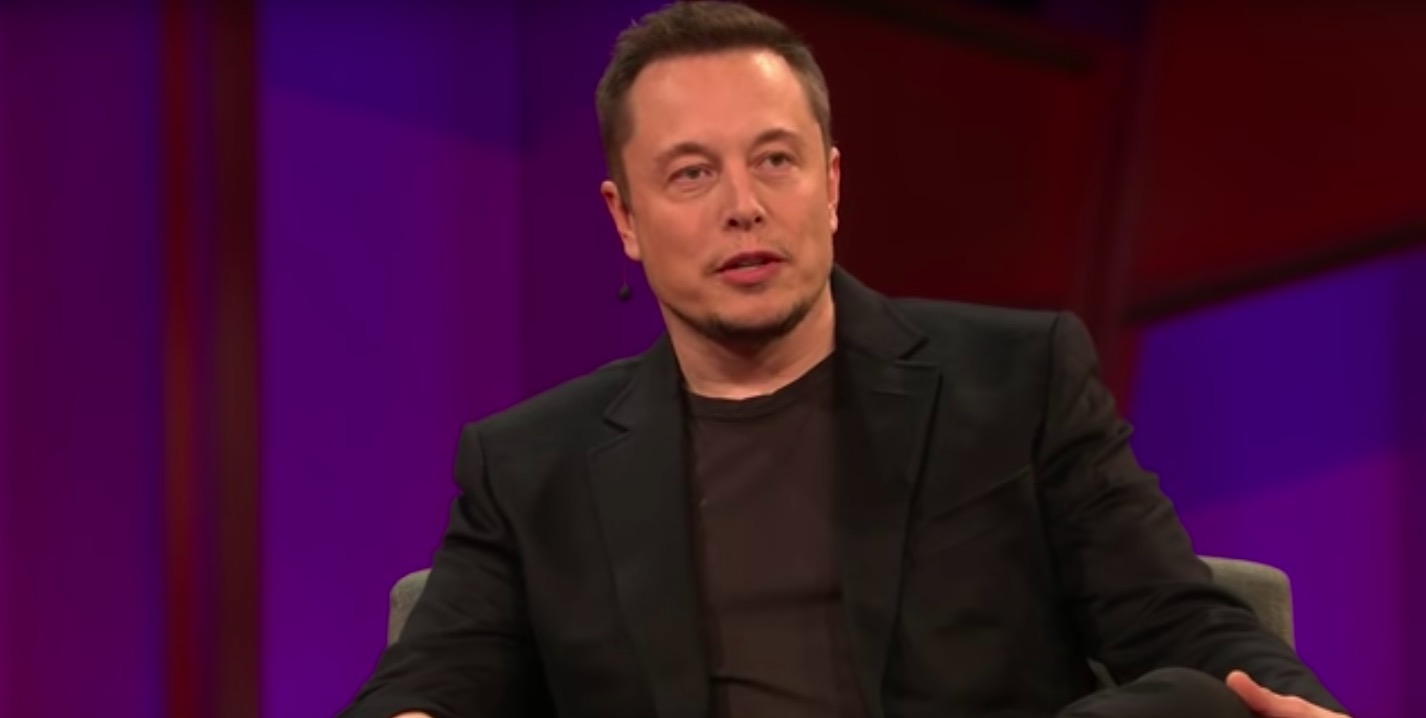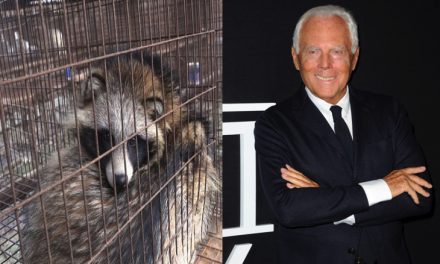In the aftermath of Elon Musk’s infamous Tesla going private “funding secured” tweet, the investing public had been split into two camps: the first, and more cynical, said that the SEC would never pursue what was a clear case of securities fraud and stock manipulation – after all, Elon Musk is “too big” of a “visionary” to crack down on and so the SEC would merely look the other way; and then there were the diehard Tesla skeptics who believed that no matter what, Musk would – or should – be treated equally as all other stock manipulators and be punished appropriately.
RELATED STORY:
Well, Moments ago the latter group won, when the SEC filed a lawsuit against Elon Musk in New York Southern District court (case 18-cv-08865). The complaint boils down to what the SEC thinks were “false and misleading” statements by Musk:
Musk made multiple materially false statements on August 7, and taken together, his August 7 statements left market participants with the false and misleading impression that if Musk chose to take Tesla private at $420 per share, the only outstanding requirement to be satisfied was a shareholder vote….
Musk’s statements regarding specific terms of a transaction to take Tesla private created the misleading impression that these terms had been decided upon, when in fact, they had not even been investigated or determined to be possible.
The SEC also claims that Musk “Knew or Was Reckless in Not Knowing that His Statements Were False and Misleading“:
Unlike market participants reading his tweets, Musk knew that his ostensibly “secured” funding was based on a 30 to 45 minute conversation regarding a potential investment of an unspecified amount in the context of an undefined transaction structure. Musk also knew that there were many uncertainties beyond just a shareholder vote that would have had to be resolved before any going-private transaction could have been possible. As a result, Musk knew or was reckless in not knowing that his August 7 statements were false and misleading.
The SEC also accuses Musk of “Omitting Material Facts”:
Musk’s statements on August 7 also omitted material information. Musk had a duty to disclose material facts necessary to make his statements not misleading.
Despite receiving numerous inquiries from journalists, research analysts, and current Tesla investors indicating that they were confused by Musk’s tweets and that the August 7 blog post had not remedied that confusion, Musk did not attempt to clarify the August 7 statements until the blog post, “Update on Taking Tesla Private,” was issued on August 13.
Finally, the SEC charges that “Musk’s Tweets Caused Market Chaos and Harmed Tesla Investors“:
As a result of Musk’s false and misleading statements and material omissions, investors who purchased Tesla stock in the period after the false and misleading statements but before accurate information was made known to the market were harmed.
What is the SEC seeking? Simple: to bar Musk as an “officer and director”:
The Commission brings this action against Musk pursuant to Section 21(d) of the Exchange Act [15 U.S.C. § 78u(d)] to enjoin the transactions, acts, practices, and courses of business alleged in this Complaint and to seek orders of disgorgement, along with prejudgment interest, civil penalties, and an officer and director bar against Musk.
* * *
Here are some of the other highlights:
This case involves a series of false and misleading statements made by Elon Musk, the Chief Executive Officer of Tesla, Inc. (“Tesla”), on August 7, 2018, regarding taking Tesla, a publicly traded company, private. Musk’s statements, disseminated via Twitter, falsely indicated that, should he so choose, it was virtually certain that he could take Tesla private at a purchase price that reflected a substantial premium over Tesla stock’s then-current share price, that funding for this multi-billion dollar transaction had been secured, and that the only contingency was a shareholder vote. In truth and in fact, Musk had not even discussed, much less confirmed, key deal terms, including price, with any potential funding source.
…
Musk knew or was reckless in not knowing that each of these statements was false and/or misleading because he did not have an adequate basis in fact for his assertions. When he made these statements, Musk knew that he had never discussed a going-private transaction at $420 per share with any potential funding source, had done nothing to investigate whether it would be possible for all current investors to remain with Tesla as a private company via a “special purpose fund,” and had not confirmed support of Tesla’s investors for a potential going-private transaction. He also knew that he had not satisfied numerous additional contingencies, the resolution of which was highly uncertain, when he unequivocally declared, “Only reason why this is not certain is that it’s contingent on a shareholder vote.” Musk’s public statements and omissions created the misleading impression that taking Tesla private was subject only to Musk choosing to do so and a shareholder vote.
….
Musk’s false and misleading public statements and omissions caused significant confusion and disruption in the market for Tesla’s stock and resulting harm to investors
….
By engaging in the conduct alleged in this Complaint, Musk violated, and unless restrained and enjoined will violate again, Section 10(b) of the Securities Exchange Act of 1934 (“Exchange Act”) [15 U.S.C. § 78j(b)] and Rule 10b-5 [17 C.F.R. § 240.10b-5] thereunder
The stock tumbled over 11% on the news:

RELATED STORY:
We have a feeling Musk won’t be tweeting much going forward:

Full filing below:
By Tyler Durden / Republished with permission / Zero Hedge / Report a typo
*Article appeared at The Anti-Media.












